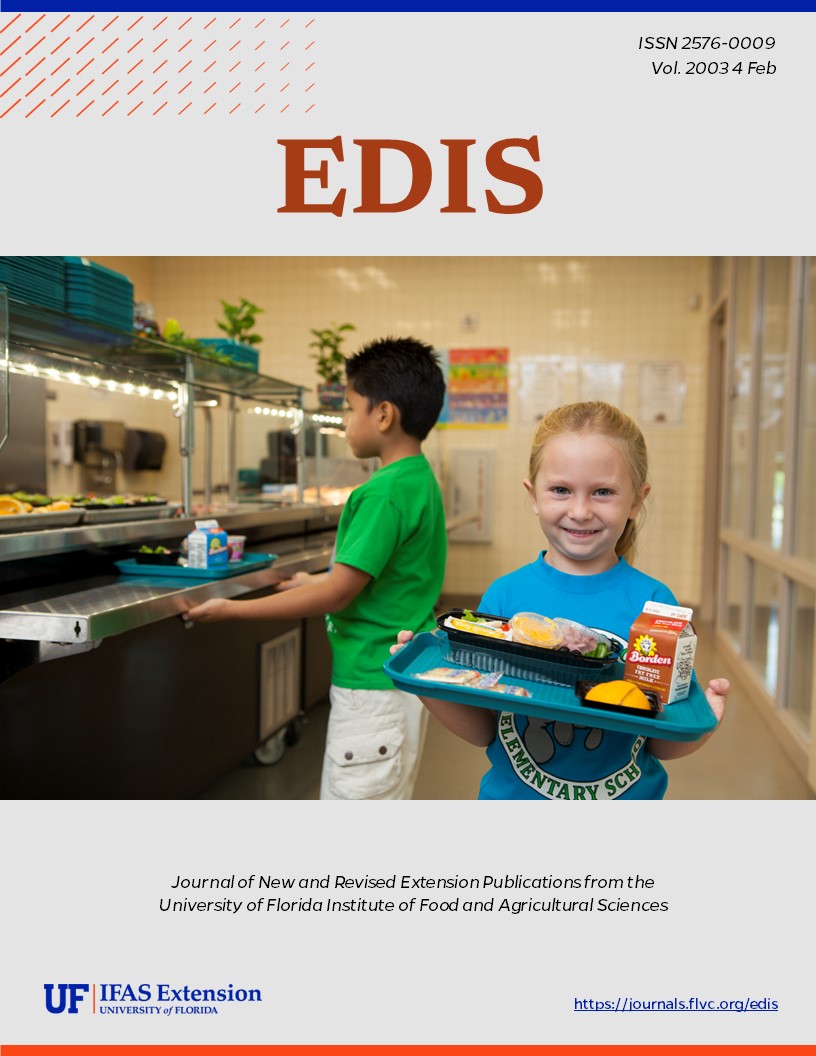Abstract
This document highlights the impact of unwanted plant growth, or weeds, in various contexts—from home lawns to natural areas managed by biologists. It emphasizes the distinction between introduced plant species and invasive species, such as Carrotwood (Cupaniopsis anacardioides), which disrupts natural ecosystems in Florida.
Carrotwood, classified as one of Florida's most invasive plants, spreads through seed dispersal by birds and is particularly problematic in coastal habitats. The species, originally from Australia, was first recorded in Florida in the 1950s and has since naturalized in various landscapes and coastal counties. The document concludes by urging homeowners to remove Carrotwood from their properties to protect Florida's natural areas. Methods for effective removal, including herbicide application, are outlined, along with suggestions for replacing Carrotwood with non-invasive plant species to maintain ecological functions and biodiversity.
References
Coile, N. C. 1997. "Risk Assessment for Carrotwood." Memorandum to Connie Riherd, Assistant Director, Division of Plant Industry.
Langeland, K. A. and K. Craddock Burks. 1998. Identification and Biology of Nonnative Plants in Florida's Natural Areas. SP 257. Gainesville: University of Florida. 193 pp.
Lockhart, C. S., D. F. Austin, W. E. Jones, and L. A. Downey. 1999. "Invasion of Carrotwood (Cupaniopsis anacardioides) in Florida Natural Areas (USA)." Natural Areas Journal 19:254–262.
Menninger, E. A. 1964. Seaside Plants of the World. New York: Hearthside Press Inc. 303 pp.
Oliver, J. D. 1992. "Carrotwood: a review of the literature." Tech. Report. Tallahassee: Florida Department of Environmental Protection, Bureau of Aquatic Plant Management. 10 pp.
Reynolds, S. T. 1985. "Sapindaceae." In: George, A. S., ed. Flora of Australia, Volume 25, Melianthaceae to Simaroubaceae. Australian Government Publishing Service, Canberra. pp. 4–163.

This work is licensed under a Creative Commons Attribution-NonCommercial-NoDerivatives 4.0 International License.
Copyright (c) 2003 UF/IFAS

